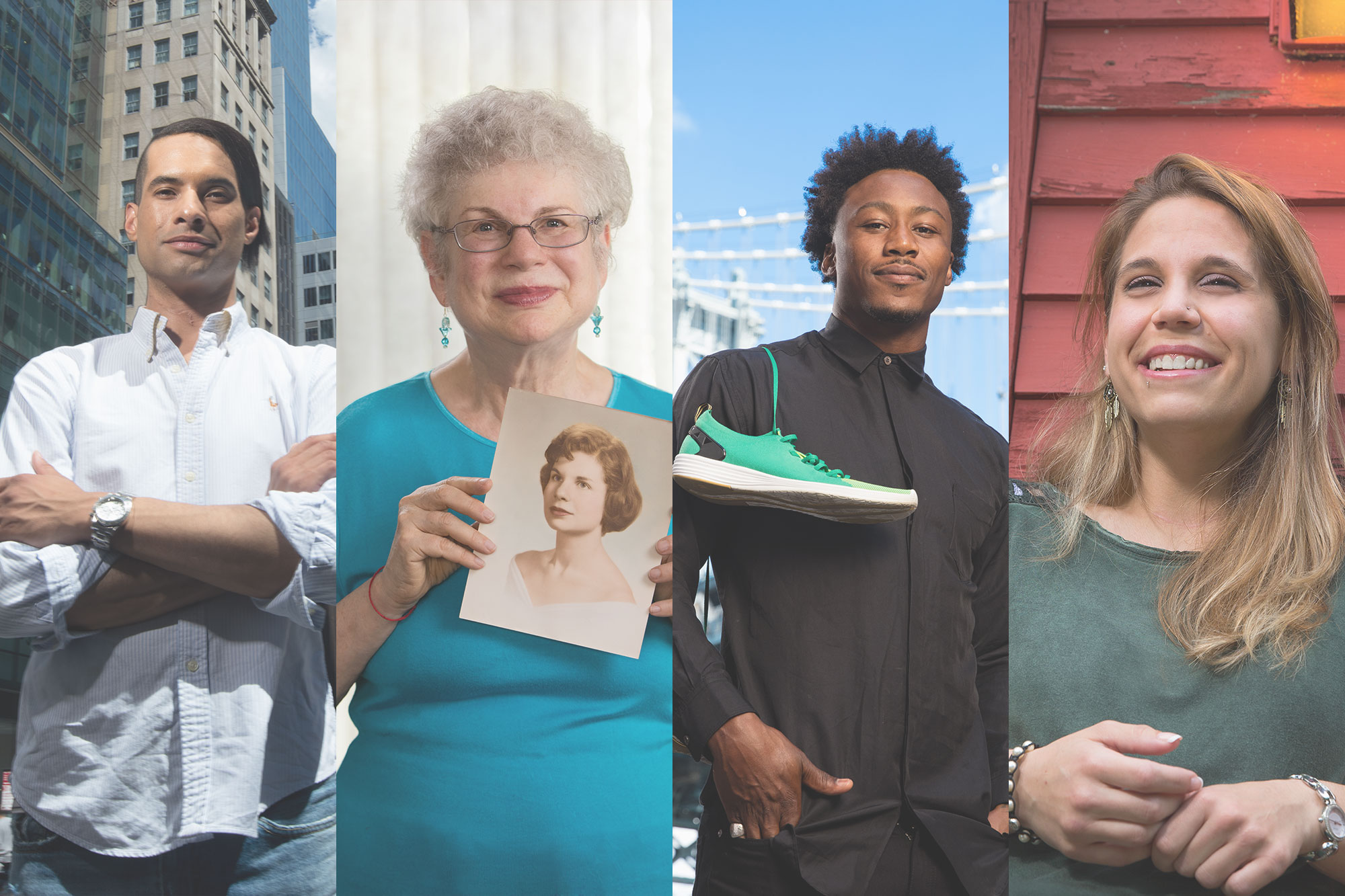It felt like I had a big hole in my chest
When Lexi was 14, she began to experience severe paranoia in which she hesitated to stray far from home or from a medical facility.
I had this one specific fear of not being able to breathe or that my throat would suddenly seal up. Once I was at a friend’s house in the middle of nowhere. I started panicking, and we drove 30 miles to the nearest hospital just so we could sit in the parking lot.
When she looks back on those years, Lexi, now 21, recalls she didn’t feel complete—a feeling she still struggles with.
It felt like I had a big hole in my chest.
She fantasized about suicide.
It was almost a comforting thought, in a sense, like I could get out of all this if I needed to when things became too much.
Life at home was tough. Her parents had gone through a violent divorce that remained contentious. School was never great.
I molded myself to the personality of who I was hanging out with at the time. I never was fully honest with others about everything that was going on with me. When I did try to talk about some of the things with my mom, or with other people, it was brushed off as, ‘That’s in your head,’ and ‘You really have to get over that. You don’t want to become one of those people who can’t leave their house.’
When Lexi was 20, she attempted suicide and received treatment. A few weeks later, when she considered suicide again, she confided in someone who understood: her best friend, Emily.
Emily said, ‘Lexi, I really care about you. You’ve been there with me through so much. I want to be there for you. I think you need to talk to someone now about this.’
Emily, who was in another city at the time, remained on the phone with Lexi until Lexi was persuaded to call a doctor and then her mom. Lexi’s mom took her to the emergency room.
The event was the first step on a path of recovery. Six hospitalizations and 20 medications later, Lexi feels she has the correct diagnosis and is receiving the right treatment. She was diagnosed with complex post-traumatic stress disorder during her first hospitalization and received a diagnosis of borderline personality disorder (BPD) earlier this year. The additional BPD diagnosis made sense to her, since the emptiness, the lack of a sense of self, and the impulsivity she had experienced are hallmarks of the disorder.
I was happy to have something that explained things. I want the hardships of what I’m going through to be recognized. On the other hand, some of the people I’ve opened up to about my illness reduce valid feelings by saying, ‘That’s just your symptom talking.’ People should keep in mind that I’m just a really regular person. I have the same exact emotions as anybody else, even if they express differently.
Lexi can be hard on herself too.
There’s a lot of judgment we put on ourselves, regardless of whether we have a mental illness or not. I want to be able to juggle a lot of different things in my life because that’s what I’ve always seen other people do. Since I ended up in the hospital, I realized I can’t take on as much as I once did: It was frustrating. Now, I’m a little better about telling myself, ‘You’re doing what’s good for your health right now. That’s just how it needs to be, and there’s nothing wrong with that.’
In addition to individual counseling, Lexi participates in dialectical behavior therapy (DBT), a skills-based group therapy, where she learns how to cope with feelings in a healthy way.
DBT can show how in a certain situation our emotion-mind might go to a certain place, even though that isn’t the most logical place. I experience tumultuous interpersonal relationships because communication can get mixed up. It’s good for me to work on particular skills in communicating with other people, to know if I am making predictions about what other people are feeling and to try to step out of that.
One of Lexi’s most painful memories centers on her first hospitalization. At that point, she had held the same job in a restaurant for four years. She felt close to her employers and believed she could be honest with them about her suicide attempt. After she got out of the hospital, she talked to the restaurant’s human resources representative about returning to work. The woman asked Lexi to work in a location 30 miles from home, as opposed to the one where she had always worked that was close by.
She said, ‘We don’t want to make anyone uncomfortable.’ I felt very betrayed.
The experience, although distressing, ultimately led to a new and better career. Lexi now works as a recovery support specialist in a residential mental health facility. She says the setting is more understanding about mental health issues. She loves her job and is now studying to become a psychiatric nurse.
A lot of the awesome nurses I got to work with through my struggles were a huge part my decision to go to nursing school. And I’ll be able to bring my own experiences to the field.
Lexi leads a fulfilling life. She enjoys cooking for her friends, making collages (an art form she discovered during her hospitalizations), and enjoys the unconditional love she receives from her dogs. Her mom and stepdad have come a long way in understanding her illness.
They ask me what I need to feel supported, instead of living in assumptions.
She says she wishes more people could find the help they need.
It’s going to be out there somewhere, so not giving up on that is important.

